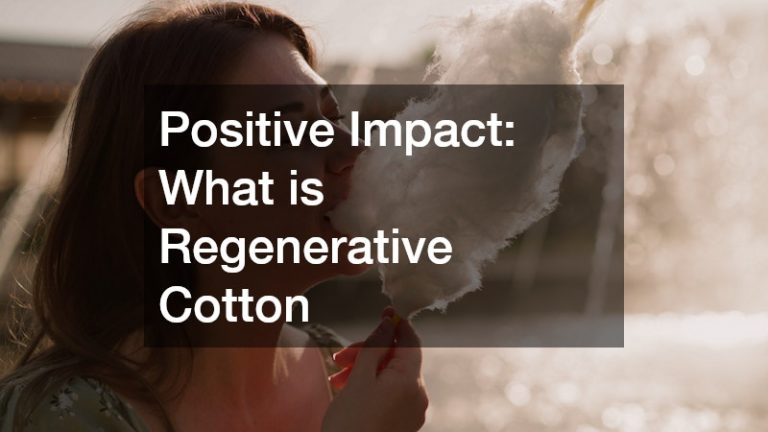- Early childhood education plays a vital role in cognitive, emotional, social, and physical development.
- Quality early education programs have been shown to improve academic performance and graduation rates.
- Early education also helps reduce the burden on social services and identify and address developmental delays.
- Community events, childcare center partnerships, and parent-teacher circles are all ways to provide quality early education experiences.
In the ever-evolving landscape of today’s society, it’s impossible to overstate the importance of early education in shaping the minds and futures of children. A strong foundation in early-childhood education sets the stage for lifelong learning and plays a critical role in a child’s overall development. It’s the leaders, educators, and community members’ collective responsibility to recognize the significance of early education and strive to provide the youngest citizens with quality learning experiences. Here’s how.
Early Growth & Development
The early years of a child’s life are marked by rapid growth and development, with countless neural connections being formed in their brain. This heightened state of learning and adaptability during these formative years is commonly referred to as a critical period in cognitive, emotional, social, and physical development. Here’s a rundown of each:
Cognitive Development
Cognitive development is thinking, analyzing, remembering, and understanding information. During the early years, a child’s cognitive skills are rapidly developing as they learn to recognize shapes, colors, and patterns, solve problems, practice counting, and build language skills through reading and storytelling. Research has also indicated that young children who have been exposed to enriching and stimulating learning experiences have higher IQs later on in life.
Emotional & Social Development
Emotional development is the ability to manage and express feelings, which is an integral part of a child’s growth. Young children learn how to identify and express emotions, recognize the feelings of others, practice empathy, and build self-esteem and confidence through positive experiences.
Social development is the ability to connect and interact with others, which is heavily influenced by early education. Children who engage in play-based learning scenarios have increased opportunities to practice social skills such as cooperating, sharing, taking turns, and resolving conflict.
Physical Development
Early physical development is about much more than just gross motor skills. Children learn important skills such as balance, coordination, and spatial awareness through movement and play. Physical activity also greatly impacts their overall health and well-being, as this would be when children are introduced to healthy habits and a nutritious diet.

The Benefits of Early Education Programs
Early childhood education programs offer a unique learning experience that has many positive long-term impacts. Not only do these experiences have the potential to shape a child’s future, but they also provide children with essential skills needed for success later in life. Educators and parents should be aware of the following benefits:
Improving Academic Performance & Graduation Rates
Early childhood education programs have been shown to positively affect a child’s academic performance and increase the likelihood of them graduating from high school. Research has indicated that children who attend early education programs are more likely to complete grade 12 than those without any form of early education. Not only does this provide children with the knowledge and skills needed to be successful in the future, but it also helps them establish a strong work ethic.
Reducing The Burden on Social Services
Quality early education programs benefit communities by reducing the burden on social services and increasing economic productivity in the long run. Research has demonstrated that children who participate in early education are less likely to need educational interventions like special education, remediation, or retention. These children are also less likely to become involved in criminal behavior or rely on government assistance as adults.
Identifying & Addressing Developmental Delays
Another essential aspect of early education is its role in identifying and addressing developmental delays or other special needs. A quality early education program can be the key to identifying these needs and providing appropriate interventions to ensure the best possible outcomes for the child. These interventions can have a lasting impact on a child’s success across their lifespan, with potential implications for their future independence and quality of life.

Early Education Programs To Launch
It’s undeniable that early education provides the foundation for a child’s future and shapes their minds, hearts, and futures. Quality programs can set children up for success in life and provide them with skills necessary for academic achievement, positive social interactions, mental health, and overall well-being. Here are a few ideas you can consider:
Partner with Childcare Centers
Partnering with local childcare facilities like the Lit’l Scholars Learning Center is a great way to ensure that children are receiving quality early education. You can work with them to provide teacher training and development, funding for resources, or volunteer support. You can also get involved in the classroom and provide reading or math tutoring, storytelling sessions, or even field trips to museums, parks, and other places of interest.
Community Events
Organizing community events such as educational fairs and fun family days is another effective way to get children involved in early education. These events can include activities like arts and crafts, music lessons, storytelling, or group games. You can also provide informational pamphlets and resources to parents so that they have access to useful information about a variety of topics such as nutrition, safety, and mental health.
Create Parent-Teacher Circles
Creating parent-teacher circles or forums where parents can come together to discuss their experiences and share advice is another great way to encourage early education. These circles can be used as a platform for parents to provide feedback on the quality of their child’s early education, ask questions, and offer suggestions.
Early childhood education plays an essential role in the development of children and should not be overlooked or underestimated. By recognizing the importance of early education and investing in quality programs, everyone can ensure that children have the best opportunity to reach their full potential. With knowledge, support, and dedication from leaders, educators, parents, and community members alike, it’s possible to shape the future of children and create a brighter tomorrow for everyone.











